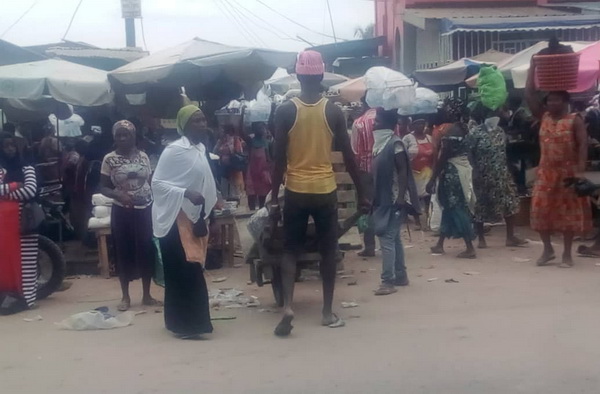Developing economies are on track to experience their worst monthly losses since September last year, after the Central Bank of Nigeria revealed lower reserves than estimated, a foreigner won primaries in Argentina, and a presidential candidate was assassinated in Ecuador.
These disruptions, combined with a surge in U.S. Treasury yields and grim Chinese economic data, have forced investors to reevaluate their asset allocation in favour of less risky assets. In just a few weeks, the arguments favour investing in emerging assets have been called into question. Dollar-denominated sovereign bonds have reduced their 2023 gains to around 2.5% after peaking at 5.8%. Currencies have collapsed against a resurgent dollar, and stocks have posted their worst monthly performance since 2015.
These declines highlight the fragility of emerging market recoveries, which can instantly collapse, with increased asset risk profiles amplifying potential further selling.
Prospects have rarely been as uncertain as in Argentina and Ecuador in recent weeks. Both countries are in the midst of presidential elections, leaving investors uncertain. In Argentina, foreign bonds have fallen since Javier Milei won the presidential primaries on August 13, with promises to abolish the central bank and dollarize the economy.
Ecuador, too, faces an uncertain future. The nation voted in general elections on Sunday, less than two weeks after a candidate was assassinated. The country’s dollar-denominated bonds have collapsed.
Russia has also surprised analysts by reinstating capital controls and significantly raising interest rates.
